Urban violence and the ICRC's humanitarian response
… such as education and health, and to jobs that provide a dignified livelihood. …
… such as education and health, and to jobs that provide a dignified livelihood. …
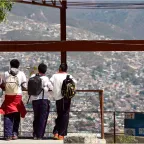
… or humanity. They want their lives back: jobs, education, safety. And they want hope – …
… which is a drop-in centre for unemployed jobseekers. Normally has around 10 people in … fast. Just another quick example accessing jobs and livelihoods. That is core to the … promoting economic opportunities, decent jobs and entrepreneur programs for refugees …
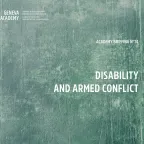
This Evaluation was commissioned by the ICRC’s Evaluation office and the Operational Thematic Unit. The Evaluation aimed to generate evidence and understanding of the enabling factors and barriers to …
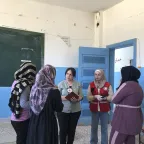
… Offering mentorships, internships, jobs, exchange programs o Mentorship …

24-11-2022 Kabul (ICRC) – As winter sets in across Afghanistan and as the economic crisis worsens, the International Committee of the Red Cross (ICRC) is seeing a spike in cases of child pneumonia …
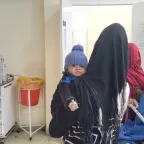
… “many family members end up losing their jobs,” as one leader of an association noted. … up in need, since a lot of them quit their jobs to look for their children”. While data …
The latest newsletter from the ICRC in Pakistan features a variety of articles, including updates on our work in the country, on reuniting families, and taking a lead on teaching sessions covering …
We feature a roundup of our activities in Mindanao as well as stories of the people and communities we've supported in 2016. In this issue: Paying it forward a step at a time Health support in …
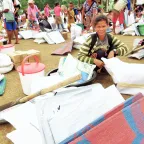
… directly and can be forced to leave their jobs and flee. Run for your life As … basics of life – water, food, health care, jobs, education and decent accommodation – …
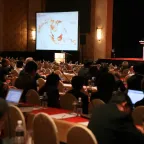
Try one of the following resources:
Created in 1863, the ICRC library, alongside the ICRC archives, provides an indispensable documentary reference on the organization itself and international humanitarian law.
International humanitarian law is based on a number of treaties, in particular the Geneva Conventions of 1949 and their Additional Protocols, and a series of other instruments.
Customary international humanitarian law consists of rules that come from "a general practice accepted as law" and that exist independent of treaty law.